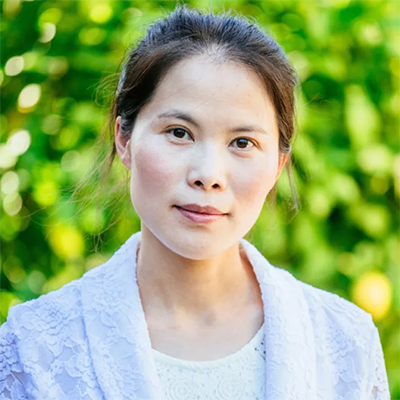Signaling through primary cilia in neural development and diseases
Neuroscience Institute , Neuroscience
October 17, 2024 @ 11:00 am to 12:00 pm
008 Mueller Laboratory
University Park
Featuring:

Xuecai Ge
University of California, Merced
Abstract:
Cells use the primary cilium, a hair-like organelle, to communicate with each other. This miniature cell surface projection tunes the cell like the radio antenna, by expressing different receptors that determine what signals the cell will receive. Mutations affecting ciliary signaling cause ciliopathies, a wide spectrum of human diseases. Research in our lab focuses on the primary cilia in the neural progenitors in the developing brain. We aim to decipher the differential expression of receptors and signaling transducers in the primary cilia during embryonic development, and how these signaling molecules control brain formation over space and time. We harness diverse approaches, ranging from cell culture, quantitative proteomics, genetic mouse model to advanced imaging tools to investigate how cilia control cell signaling in a spatiotemporal specific manner.
About the Speaker:
Xuecai Ge, PhD, is an Associate Professor in the department of Molecular and Cell Biology at University of California, Merced (http://gelab.ucmerced.edu/). She studied embryonic neurogenesis as a graduate student at Harvard University, where her work revealed how human mutations in psychiatric disorders impact neuronal production in the brain. Her postdoctoral research at Stanford focuses on the regulation of Hedgehog signaling, the first signaling pathway found to rely on the primary cilium. At UC Merced, her lab studies the fundamental mechanisms underlying neurodevelopment and how cell signaling errors lead to developmental disorders. Research from her lab provide unique insights into the regulatory mechanism of cell signaling by primary cilia.

Contact
Yingwei Mao
yzm1@psu.edu